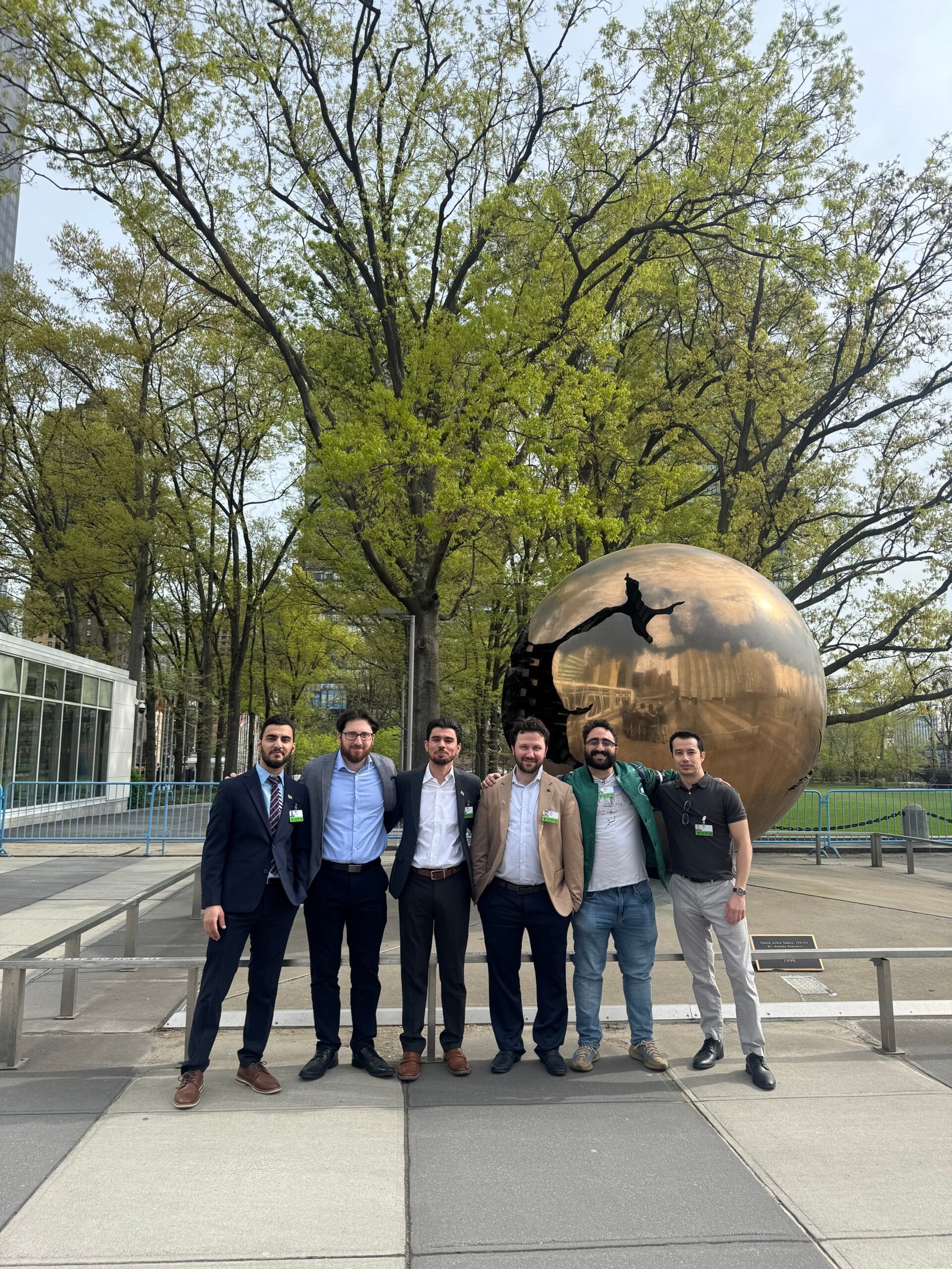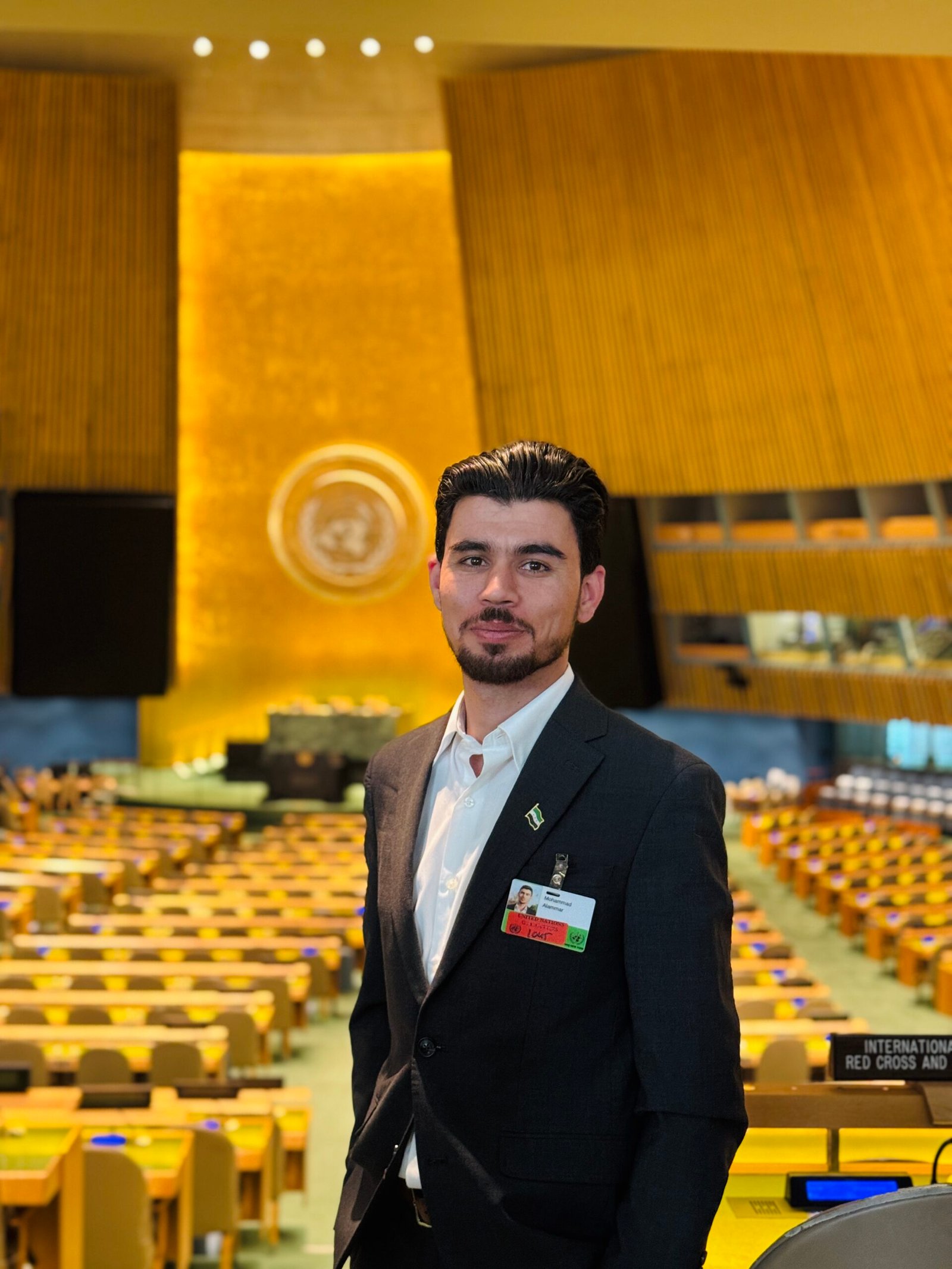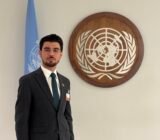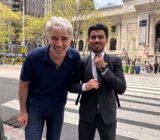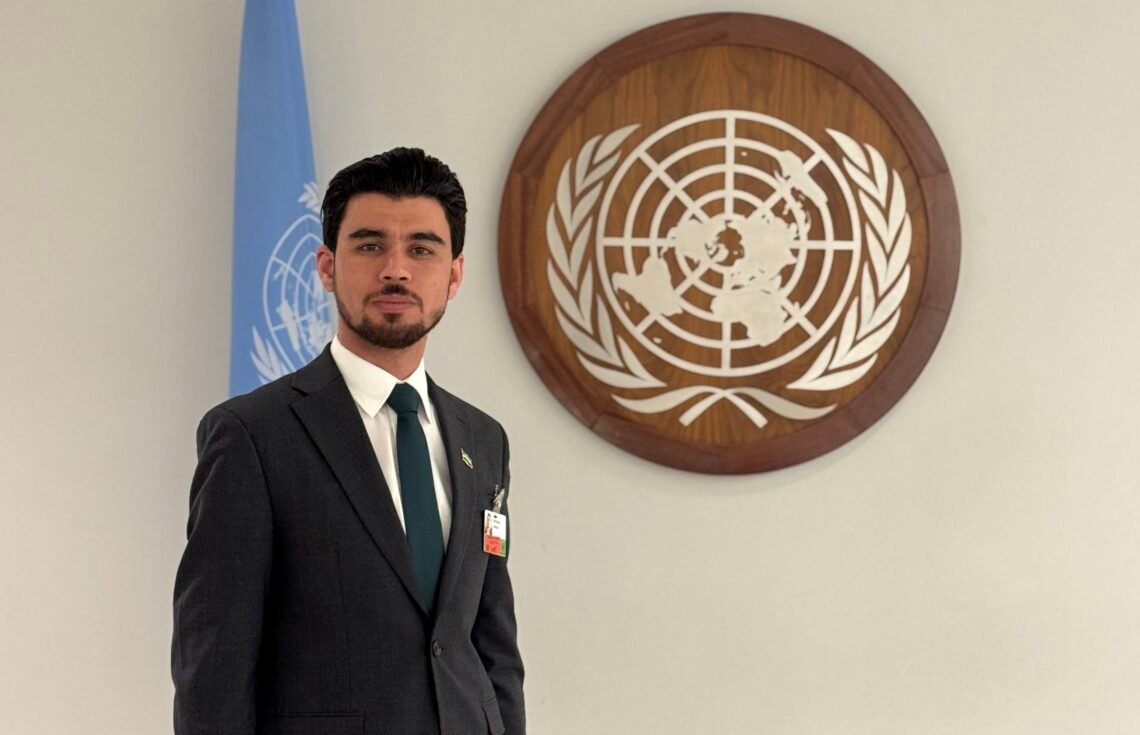
Why I Want to Cover the United Nations General Assembly
As a Syrian entrepreneur and storyteller, I’ve spent years navigating spaces where innovation, identity, and impact meet. But despite the work I’ve done, I’ve often felt that our stories, particularly those coming from conflict zones or communities in transition, are underrepresented in the places where global decisions are made. This is why the United Nations General Assembly matters to me. It is not just a gathering of leaders—it’s a rare global stage where every voice should matter. And I want to be there, not just to observe, but to reflect, document, and amplify the voices that may never get a seat at the table.
My desire to cover the UNGA comes from a deep sense of responsibility. I’ve lived the consequences of war, displacement, and silence. I’ve also witnessed the strength of communities who continue to build, dream, and lead in the face of chaos. Through my blog and my camera, I’ve always tried to give space to these moments of human resilience. Covering the UNGA would allow me to extend this work on a global scale—to bridge the gap between formal diplomacy and the lived realities of people like me.
I believe independent voices, especially from the Global South, deserve to be present, not as tokens, but as active contributors. My content doesn’t just speak about what happens—it seeks to spark reflection, empathy, and conversation. That’s what I hope to bring to the General Assembly. Not just coverage, but perspective. Not just headlines, but humanity.
We live in an age where influence is no longer confined to formal institutions. The rise of digital media means that creators, bloggers, and storytellers now hold the power to shape public opinion and raise awareness in ways that traditional media sometimes cannot. I see myself as part of this evolving landscape. I’m not just interested in high-level speeches or political statements—I’m interested in the people sitting in the background, the conversations happening in the hallways, and the energy that flows when cultures and convictions collide.
I believe that covering the UNGA is not just a professional milestone—it is a moral one. It is my opportunity to represent voices from the margins and to challenge the distance between policy and people. When I write, I do so not just as a witness, but as someone who carries the hopes and struggles of those who have been overlooked for too long. I want to show the world that we belong in these spaces, not as guests, but as equals.


